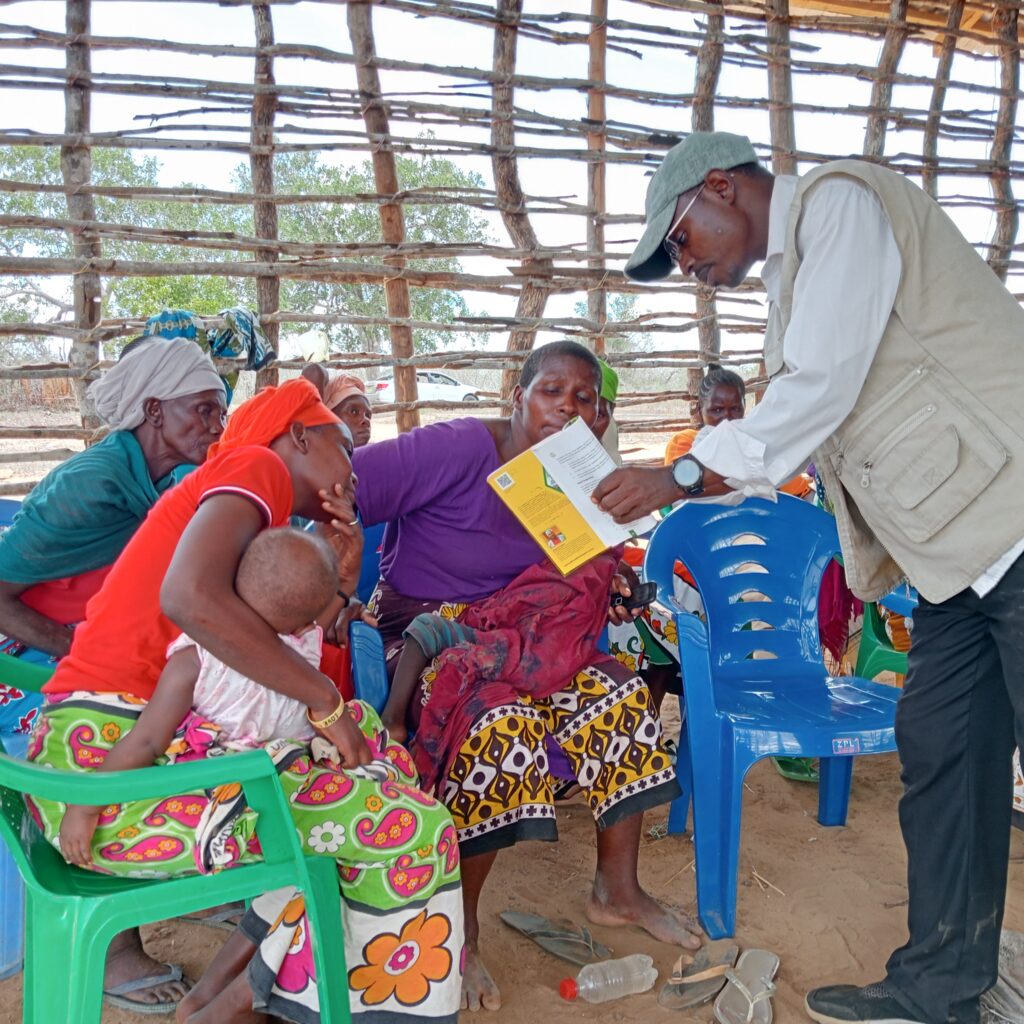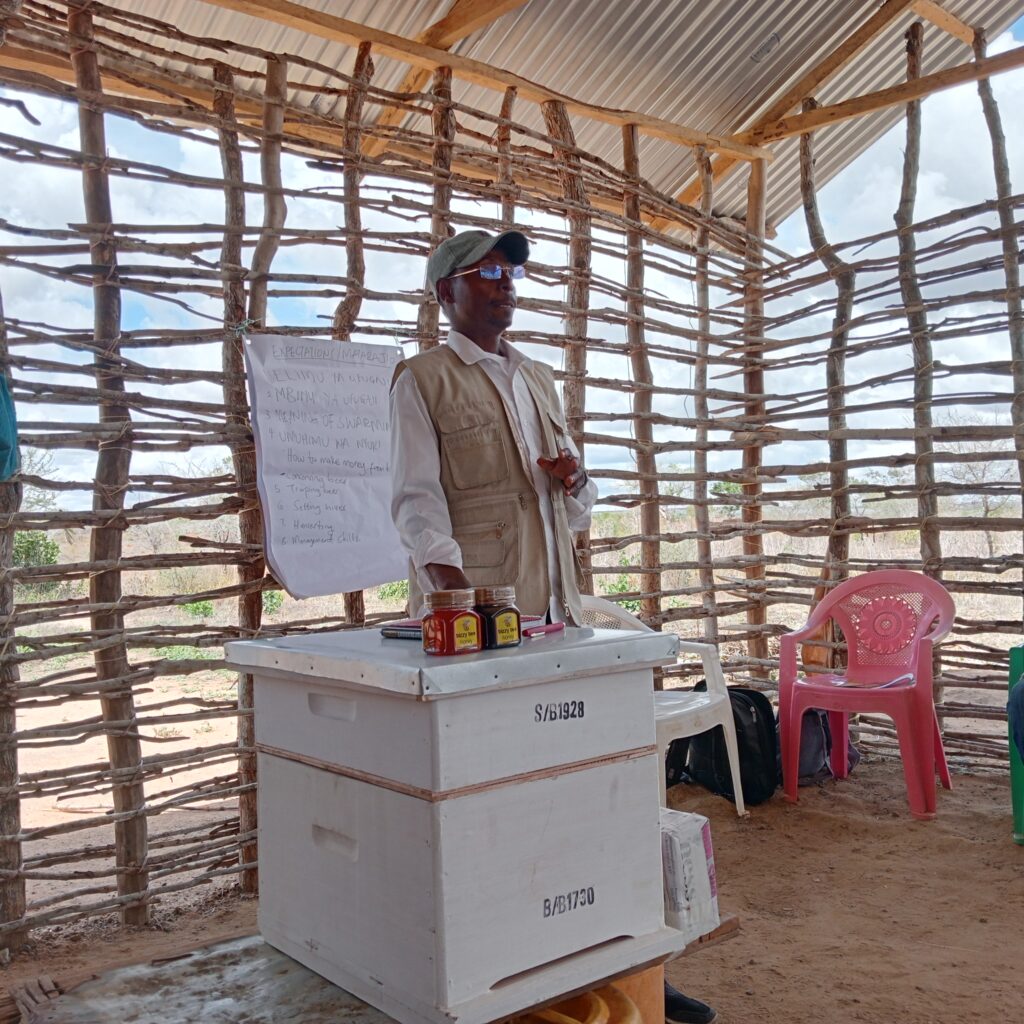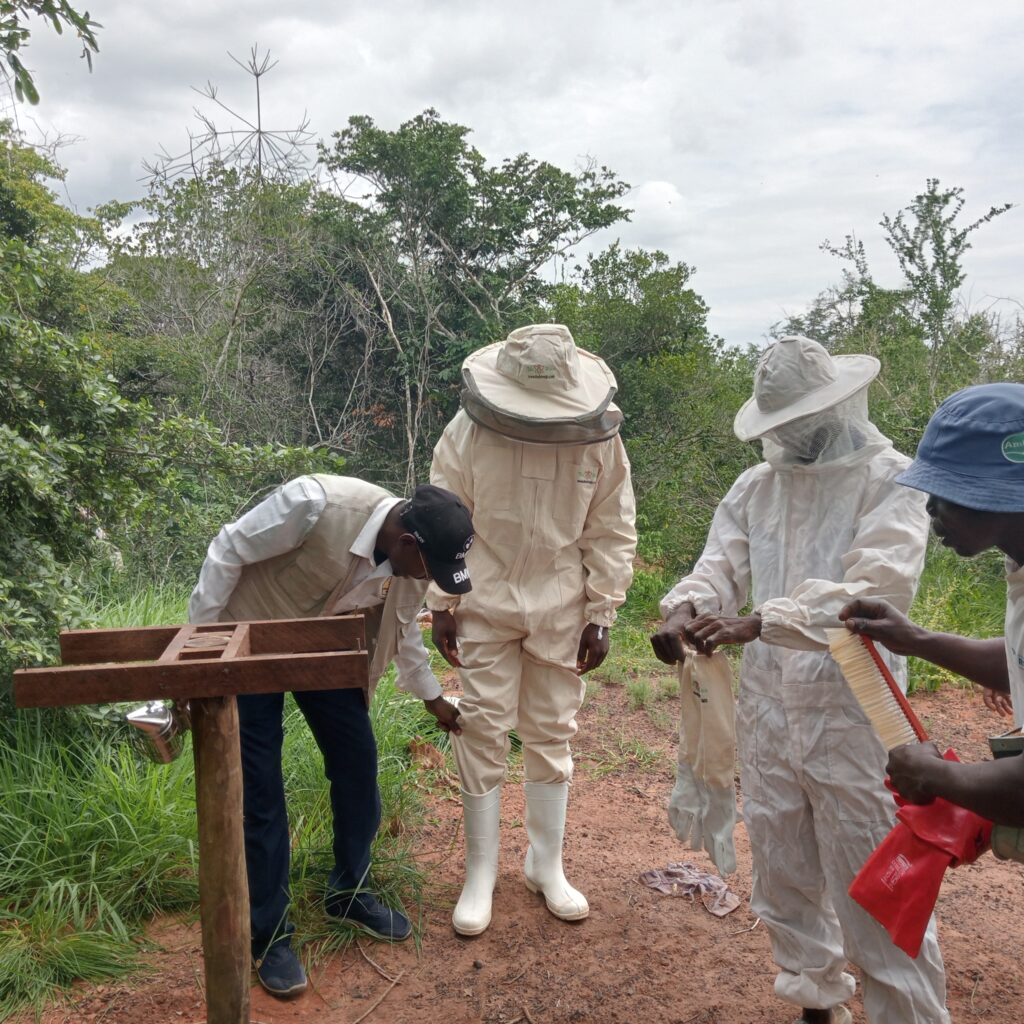ALTERNATIVE SOURCES OF LIVELIHOODS
Coastal communities in Africa often struggle with farming, their primary income source, due to poor soil and inconsistent rainfall. Those living near the Arabuko-Sokoke Forest and Dakatcha Woodland rely heavily on these forests for survival. However, these resources are limited and unsustainable without careful management.
Recognizing this, A Rocha is working with these communities to develop alternative livelihoods. Our initiatives include training in Farming God’s Way, beekeeping, and kitchen gardening. In Dakatcha, we also offer Care of Creation courses to promote sustainable practices.
Farming God's Way
A Rocha Kenya’s “Farming God’s Way” (FGW) offers a practical approach to food cultivation for anyone with land to grow on, emphasizing responsible stewardship of creation. Based on the principles of Conservation Agriculture, FGW mimics natural forest ecosystems to guide farming practices, reflecting how “God farms His farm.”– i.e. a forest.
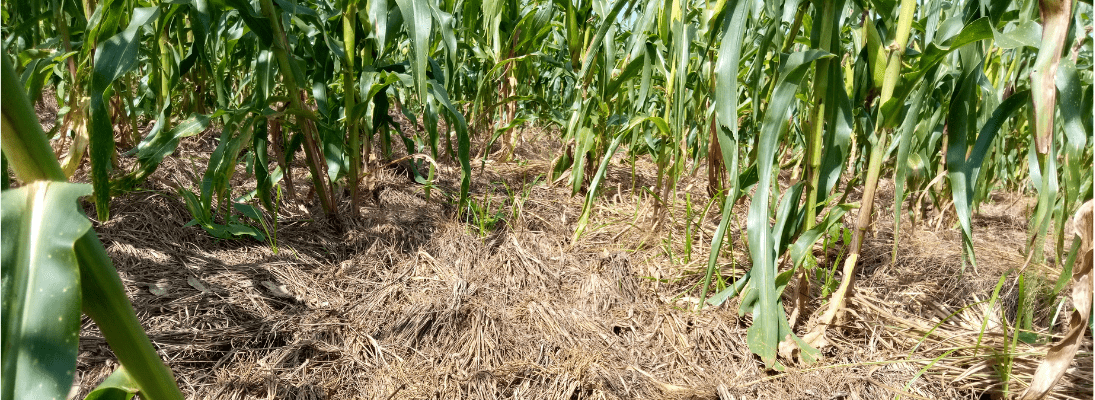
Kitchen Gardening
For women living around Arabuko-Sokoke Forest and Dakatcha Woodland,it is their task to find food to feed their families. All too often money earned by the men does not reach the family for food or, given the state of the environment today, the fishermen (for those around Arabuko-Sokoke an dthe Mida-Creek) just are not catching enough fish to sell and feed the families sufficiently.
The responsibility to find or grow food for their families places enormous physical and emotional strain on women, particularly when food is difficult to obtain due to drought or other climatic unpredictability.
To help with this, we have engaged women from these communities who have shown interest in learning how to grow vegetables more easily at home – with a link to caring for creation. The main aim is to teach them how to create a simple but effective Kitchen Garden – in a sack!
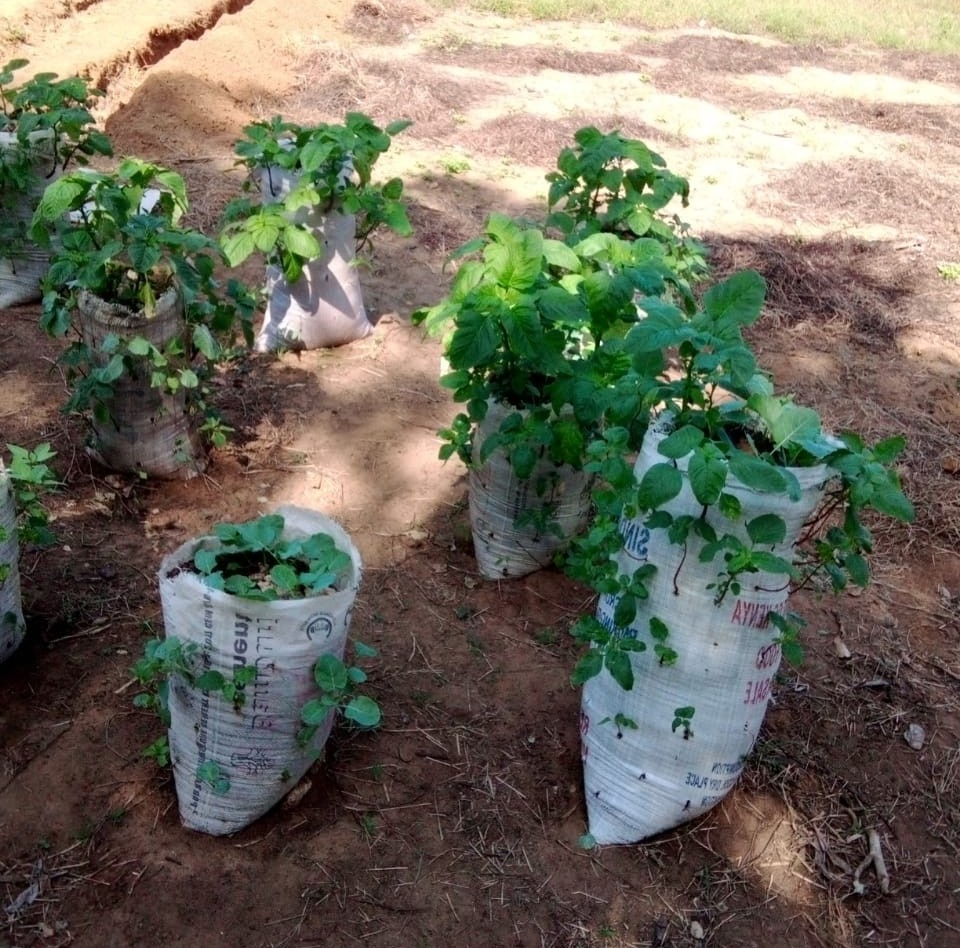
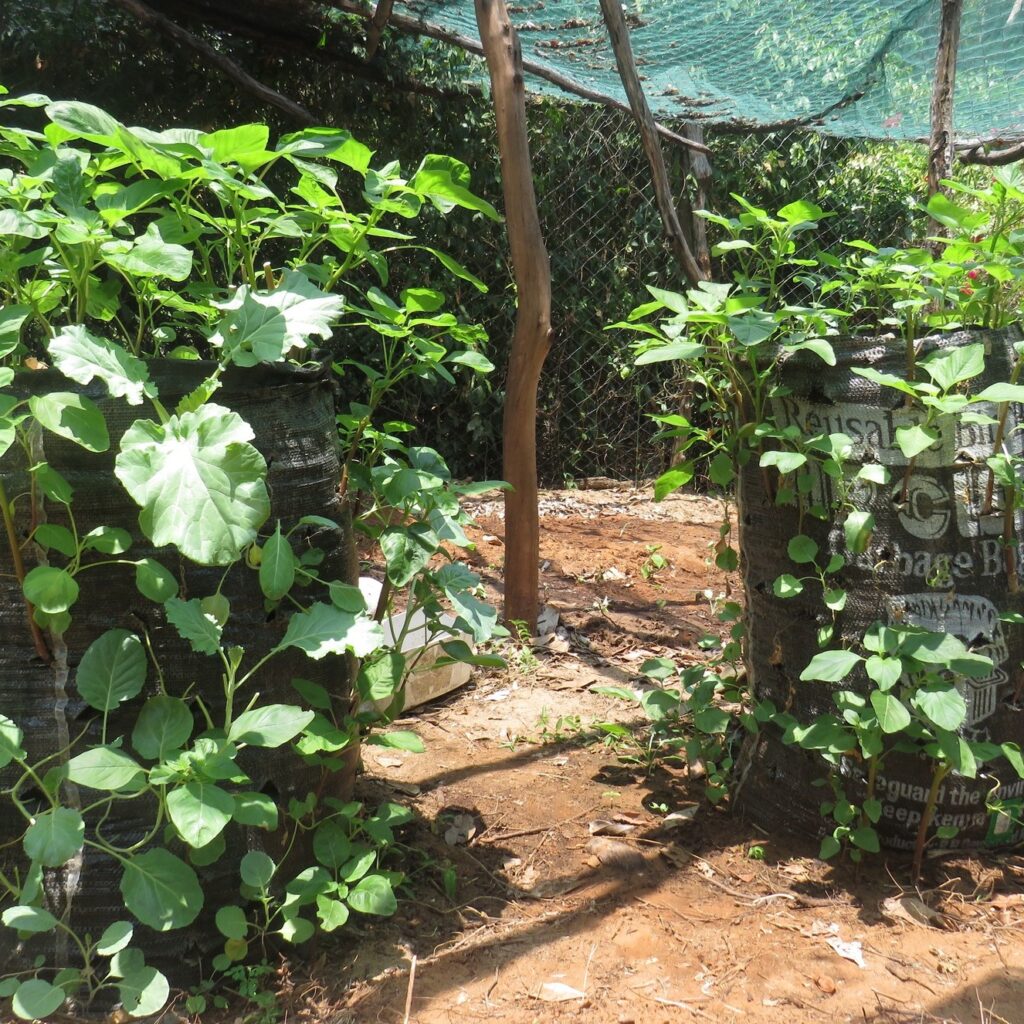
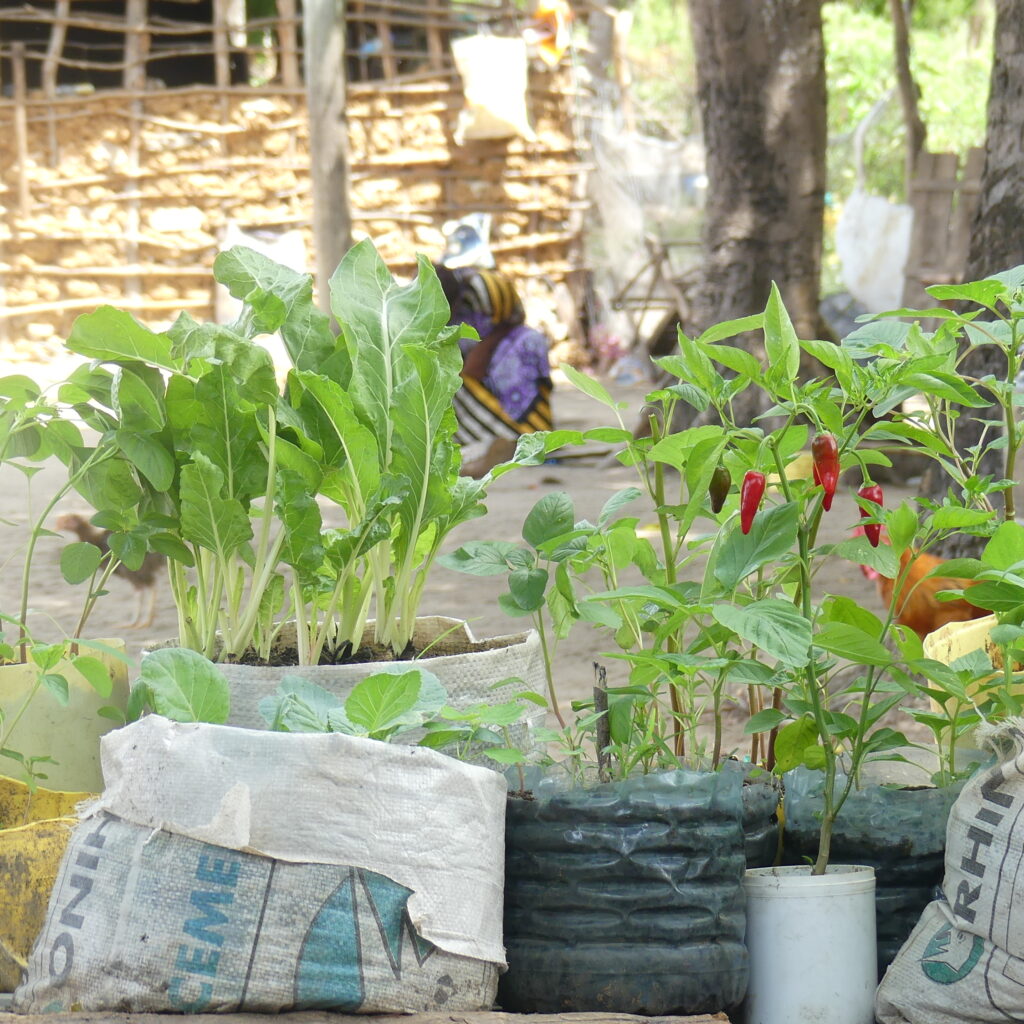
Bee Keeping
In 2023, A Rocha Kenya rolled out the bee-keeping project in Dakatcha. In this pilot phase, we selected fifteen farmers across Dakatcha, gave each of them four hives, and placed another twenty hives in the A Rocha Kenya Dakatcha Nature Reserve.
Forty-two of these hives were instantly colonized. This buzzing is restoring hope in farmers, they are now starting to see the value of trees beyond charcoal burning.
